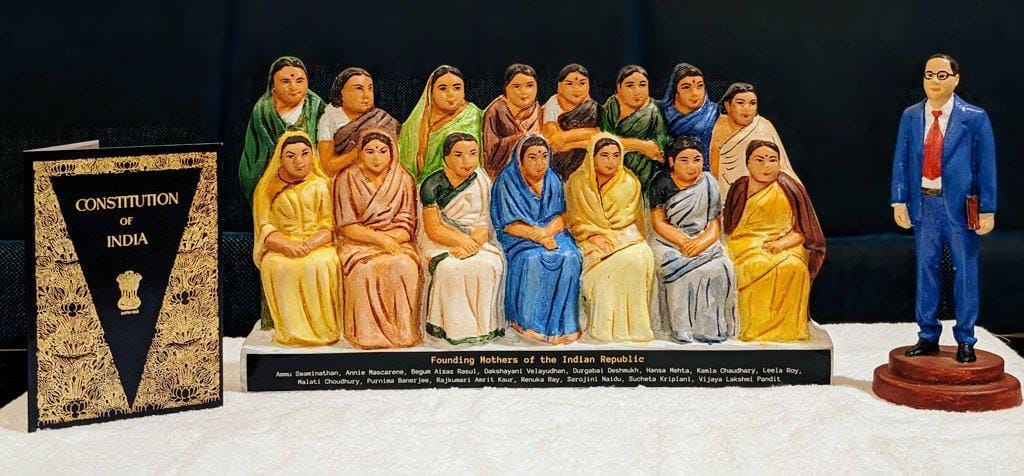Heavy metals in vegetables cross safe limits
There is a high concentration of heavy metals in vegetables as farmers use wastewater to grow them, according to researchers from the Environment Management and Policy Research Institute (EMPRI), through a one-year study led by N Hema.
Researchers tested 400 samples of 10 vegetables (brinjal, tomato, capsicum, beans, carrot, green chilly, onion, potato, spinach and coriander) and found contamination above the limits set by the Food and Agriculture Organisation (FAO).
The vegetables were from 20 stores, including five high-end supermarkets, five local markets, “organic stores” and Hopcoms. While the maximum permissible limit for iron is 425.5 mg/kg, beans, even from well-known organic shops, had a concentration of 810.20 mg/kg.
Onions from Hopcoms showed 592.18 mg/kg of iron. Leafy vegetables, especially spinach, collect more heavy metals, mainly due to higher transpiration rate of the plant.
The study said that farmers should stop unethical farming practices, such as irrigating crops with drainage and effluent waters. A wider study is required to look into three major issues: the source of the vegetables, digging deeper to prescribe maximum limits for each vegetable, exposure duration and thirdly, how it has affected children, adults and older people.
Following the report, the Food Safety and Standard Authority began a drive to test vegetables that had heavy metals beyond the safe limits. Sources said they will take action against food operators who sold such products.
Source: Deccan Herald
Read more: Fruits and vegetables: Organic choices for consumers in Bengaluru
Mixed reactions to new ‘Bengaluru South’
On October 25th, the Deputy Chief Minister D K Shivakumar said that the plan is to rename Ramanagara District as Bengaluru South. It will comprise five taluks: Channapatna, Ramanagara, Kanakapura, Magadi and Harohalli. Ramanagara taluk will be the district headquarters. But the plan to rename Ramanagara district has got mixed reactions. The Ramanagara residents opposed the move, while Kanakapura demanded a separate district with the name of ‘Bengaluru South’.
Ramanagara residents’ contention is that the district does not enjoy the influence of Bengaluru and the government could just bring in industries even if it retains its name. However, Kanakapura, 60 kms away, has residents demanding a separate district with the name ‘Bengaluru South’, decreasing the distance to district headquarters.
Many aides said the plan seems to have political and economic intricacies. It has triggered controversy between former Prime Minister HD Deve Gowda and DK Shivakumar, who wants to emerge as the champion of the Vokkaliga community, an estimated 15% of the state’s population.
Source: Deccan Herald, The Times of India
Reclaim Constitution Gombe Habba
A Gombe Habba doll display on constitutional values, along with a ‘Culture Katte’ discussion, covered multi-religious and secular themes at the Indian Institute of World Culture. It was a Reclaim Constitution Initiative, held in collaboration with the International Institute for Art, Culture and Democracy and the R R Naik Seva Trust. There were doll displays of Mecca’s Ka’ba, nativity displays and Krishna dolls.

Others included a braille display of the Preamble, Dr B R Ambedkar, and an important set showing 15 women elected to the Constituent Assembly, including Ammu Swaminathan, Dakshayani Velayudhan, Begum Aizaz Rasul and Durgabai Deshmukh. A ‘rivayat’ tradition had singers from across communities, blending Islamic tales of the Karbala with terms such as ‘paramatma’.
Vinay Kumar, founder of Reclaim Constitution, said that it will enable people to understand the Constitution, its provisions and the role it plays in their lives.
Source: Indian Express, The Times of India
400 files pending KSPCB nod
About 400 files are left unattended at the Karnataka State Pollution Control Board (KSPCB), posing a challenging issue for the real estate sector as well as many industries. Sources said that a KSPCB meeting to clear files were deferred due to a High Court conditional interim order, allowing Shanth A Thimmaiah to remain the KSPCB chairman, but without making policy decisions until further directives.
Industries in the red category included more than 87 types of industries, which needed the consent of the Enforcement Committee, chaired by the KSPCB chairman. Even construction projects, spanning over 50,000 square feet, including apartments, are waiting for KSPCB’s consent
Source: Deccan Herald
Read more: “KSPCB’s steep hike in CFO charges, unreasonable and unjust”
BMTC drivers at risk of cardiovascular diseases
Screening 8,200 drivers in the past year has shown that Bengaluru Metropolitan Transport Corporation (BMTC) drivers face cardiovascular diseases, as about 40% to 50% suffer from diabetes and high blood pressure. The tests also alerted the doctors about 5% drivers who were already facing conditions like heart blockages.
The risks for the drivers were primarily due to erratic work hours, poor dietary intake, lack of exercise and fatigue from continuous sitting during long journeys. Around 35% drivers were also found to be habitual smokers.
Sri Jayadeva Institute of Cardiovascular Sciences and Research (SJICSR) had signed an MoU with BMTC in August 2022 for screening the drivers.
Source: The New Indian Express, eastcoastdaily.in
[Compiled by Revathi Siva Kumar]